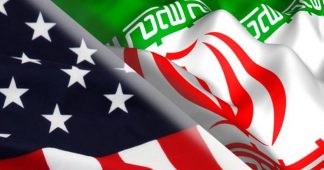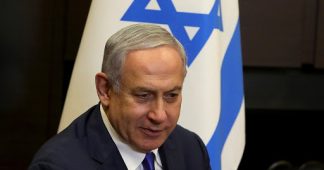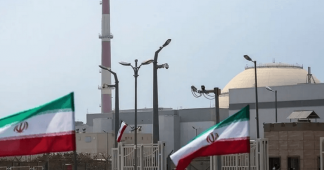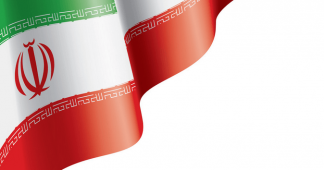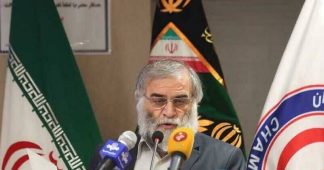By Dave Lawler
Jun 18, 2021
The Biden administration wants to finalize a deal with Iran to return to the 2015 nuclear deal in the six weeks remaining before a new Iranian president is inaugurated, a U.S. official tells Axios.
Key quote: The official said it would be “concerning” if talks dragged on into early August, when Iran’s transition is due to take place. “If we don’t have a deal before a new government is formed, I think that would raise serious questions about how achievable it’s going to be,” the official said.
Driving the news: Conservative judiciary chief Ebrahim Raisi, a close ally to Supreme Leader Ali Khamenei, is the clear favorite to win Friday’s presidential election in Iran. No prominent members of the reformist camp were permitted to run, meaning the more moderate President Hassan Rouhani will almost certainly hand power to a hardliner.
- Analysts and some diplomats involved in the negotiations have long said it would be easier to reach a deal with the outgoing administration than with a newly inaugurated government, particularly one led by Raisi.
- Six rounds of talks have been held so far in Vienna, with the U.S. not in the room but negotiating indirectly through EU intermediaries.
State of play: Iran’s top negotiator, Abbas Araghchi, said this week that while a deal wouldn’t be possible in the current round of talks, Iran had no interest in “wasting time” and the elections wouldn’t be a factor.
- Russian envoy Mikhail Ulyanov said earlier this week that a deal was perhaps “a couple of weeks” away. German Foreign Minister Heiko Maas also stressed that “playing for time is in no one’s interest.”
- But Rafael Grossi, director of the UN’s nuclear watchdog, told La Repubblica newspaper this week: “Everyone knows that, at this point, it will be necessary to wait for the new Iranian government.”
What they’re saying: The U.S. official said such a timeline would be “concerning” not so much because a conservative government would be taking power, but because the longer the negotiations continue without a breakthrough, the lower the chances of success will be.
- “We don’t have infinite time to get this done. So I think we’ll know — I don’t want to give a timeline — but we’ll know it when time has run up and we’ve concluded that it can’t reached within a reasonable time,” the official said.
- “I’m not predicting that,” the official added, noting that Iran was “engaged seriously” and a deal could be reached within a few weeks. But the U.S. does not intend to continue negotiations for months and months, “and I think the Iranians would say the same.”
- “Our whole view of this, informed by what we’re being told by the Iranians, is that the elections are not a factor, that the decision-making will continue before and after the elections and so things will not be interrupted as a result of the election,” the official said.
The bottom line: “We’ll negotiate the same way we’ve been negotiating so far. What happens after his inauguration, that’s a different matter, but hopefully we’ll get a deal before then. If not we’ll have to consider.”
Worth noting: The official declined to specify the biggest remaining obstacles to a deal, but said progress was being made both in determining the sanctions relief the U.S. must provide to return to the deal, and the nuclear steps Iran must take to get back in compliance.
- In each round of talks, “the rhythm varies” in terms of which of those tracks proves more difficult, the official said.
Published at www.axios.com

